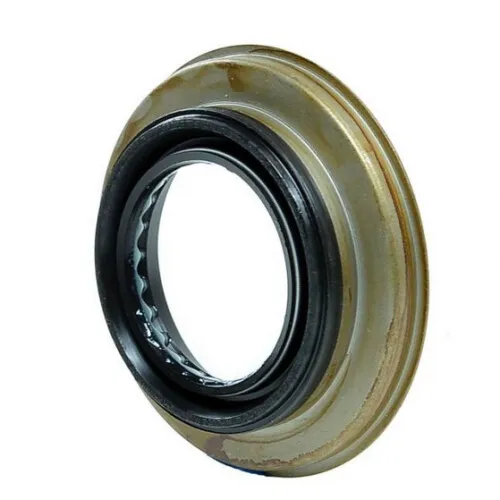wheel bearing seals for trailer
Understanding Wheel Bearing Seals for Trailers
When it comes to the maintenance and functionality of trailers, one component that often gets overlooked is the wheel bearing seal. However, these seals play an essential role in ensuring the longevity and safe operation of your trailer. In this article, we will discuss the importance of wheel bearing seals, how they function, and tips for selecting the right seals for your trailer.
What Are Wheel Bearing Seals?
Wheel bearing seals are protective barriers located at each hub of the trailer's wheels. Their primary purpose is to retain the lubricant used in the wheel bearings while preventing dirt, water, and other contaminants from entering the bearing, which can lead to premature wear and failure. These seals ensure that the grease inside the bearing remains intact and operational, enhancing the smooth functioning and overall performance of the trailer.
Importance of Wheel Bearing Seals
Wheel bearing seals are crucial for several reasons
1. Lubrication Retention These seals help maintain the necessary grease that lubricates the wheel bearings. Proper lubrication reduces friction and heat, preventing damage and extending the life of the bearings.
2. Contaminant Protection By keeping dirt, dust, and moisture out of the bearing, wheel bearing seals help maintain a clean working environment for the bearing system, which is vital for optimum performance.
3. Safety Faulty wheel bearing seals can lead to bearing failure, which in turn can cause wheel lock-up or even a wheel detaching from the trailer while in motion. This presents a significant safety risk not only to the trailer driver but also to other road users.
4. Cost-Effectiveness Investing in high-quality wheel bearing seals can save trailer owners significant amounts of money in the long run by reducing maintenance needs and extending the life of wheel bearings.
Types of Wheel Bearing Seals
There are several types of wheel bearing seals available on the market, each designed for specific applications
wheel bearing seals for trailer

- Ruber Lip Seals These are the most common type of seals, made of rubber with a lip that creates a tight seal against the moving parts. They are effective at retaining lubrication while preventing contaminants from entering.
- Metal Shields Some trailers use metal shields instead of rubber seals. These can provide a sturdier barrier against external debris and moisture, although they may not retain lubricant as effectively as rubber lip seals.
- Composite Seals Advanced composite materials can offer a balance between durability and flexibility, making them suitable for various trailer applications.
Choosing the Right Wheel Bearing Seals
When selecting wheel bearing seals for your trailer, consider the following factors
1. Compatibility Ensure that the seals you choose match the specifications of your trailer's wheel bearings. Consult your trailer's manual or a knowledgeable vendor for appropriate seal dimensions.
2. Material Opt for high-quality materials that can withstand the operating conditions of your trailer, including temperature fluctuations, exposure to water, and chemical contaminants.
3. Application Different trailer types and uses may require specific seals. For instance, a trailer used in harsh off-road conditions may benefit from seals designed to handle greater exposure to dirt and moisture.
4. Brand Reputation Choosing seals from reputable manufacturers can ensure durability and reliability, which are critical for safe trailer operation.
Conclusion
In summary, wheel bearing seals are a small but mighty component of your trailer that should never be neglected. Regular inspection and timely replacement of these seals can lead to smoother rides, safer travels, and lower long-term maintenance costs. By understanding the role and importance of wheel bearing seals, trailer owners can take proactive measures to keep their setups in top condition.
-
Understanding the Front Main Engine Seal: Purpose, Maintenance, and Installation
News Jul.29,2025
-
Understanding O-Rings and Seal Rings: Types, Applications, and Custom Solutions
News Jul.29,2025
-
Understanding Crankshaft Oil Seals: Rear Seals, Pulley Seals, and Their Role in Engine Integrity
News Jul.29,2025
-
The Importance of Front and Rear Crankshaft Seals in Engine Performance and Oil Management
News Jul.29,2025
-
Crank Oil Seals: Functions, Types, and Cost Considerations in Engine Maintenance
News Jul.29,2025
-
A Comprehensive Guide to O-Rings and Seals: Types, Materials, and Global Applications
News Jul.29,2025
-
Mastering Diesel and Performance Engine Maintenance: A Guide to Critical Oil Gaskets
News Jul.28,2025
Products categories















